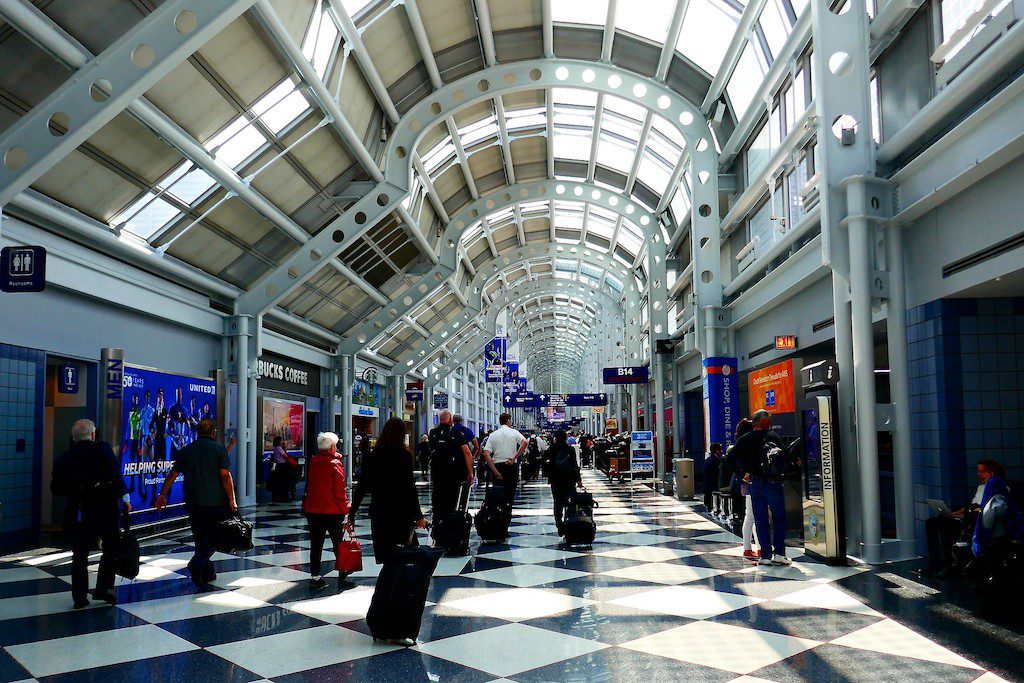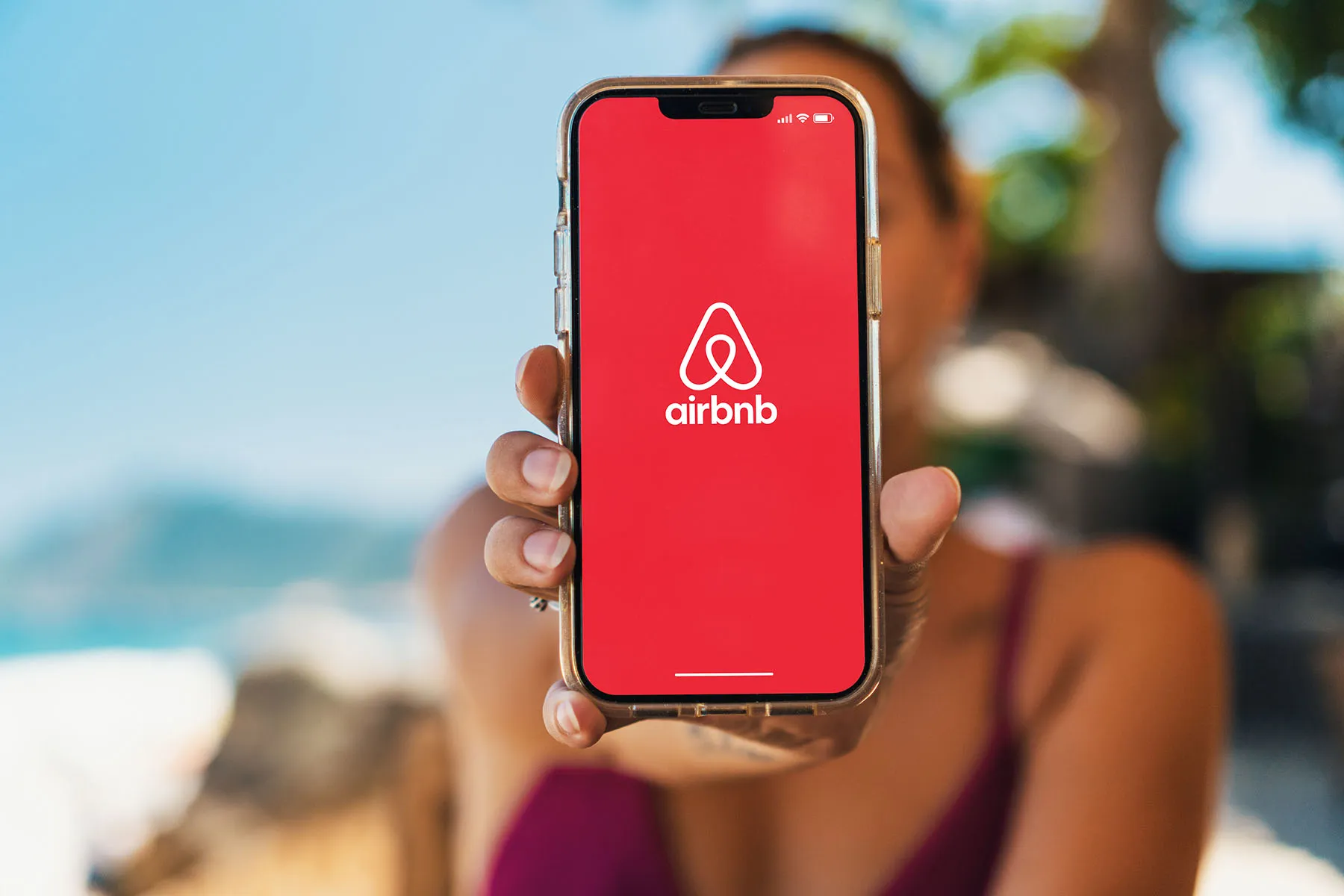Business Travelers With Disabilities Face a Pervasive Lack of Accessibility

Skift Take
Business travel is often exhausting and tedious, as travelers cope with being away from home, navigating airport security lines, and the stress of living out of a suitcase.
Travelers who have disabilities face an extra set of problems on top of this, since a lack of information about accessibility at airports, hotels, and car services can turn an average work trip into a gamble.
Michael Swiatek, chief strategy and planning officer for Avianca, has worked in the airline industry for over 25 years and spends part of his time raising awareness about the importance of accessibility in travel. Swiatek, who is legally blind, travels frequently for work and believes that the lack of attention paid to accessibility is the main reason business travel can be such a hurdle for many people.
About 26 percent of people in the United States are living with a disability, and it's most common in those who are over 65. Yet the topic is often sidelined, Swiatek said. This is despite the fact that the population is aging, and that percentage is set to go even higher.
“It’s crazy when you look at the numbers,” he said. “You’d think it would be a much bigger topic for companies.”
Stephen Cluskey, CEO of Mobility Mojo, called the aging population a “silver tsunami” while speaking at Skift Global Forum in September. Mobility Mojo provides accessibility solutions to companies, and Cluskey believes that many travel companies don’t realize that accessibility affects nearly everyone.
“We’ve found that hotels view accessibility as a compliance thing rather than an asset,” Cluskey said. “In fact, it is one of the most underutilized assets a hotel has. They will spend so much money on these things, but then they barely mention it.”
While the Americans with Disabilities Act, which was passed in 1990, went a long way to ensure legal protections and minimum accessibility requirements, information about accessibility features is often still hard to find.
This lack of awareness has made traveling with a disability so uncertain that some people avoid it. For many employees, this could mean missing out on opportunities to network, learn new skills, and advance their careers.
“Legally an airport has to help me to the gate, but that process is quite unreliable,” Swiatek said. “It’s so micro for them, I guess, that the experience can be fantastic or absolutely terrible.”
Unreliable describes much of the travel industry when it comes to accessibility features. Delta, for example, has a relatively good customer service group, according to Swiatek, which allows him to get information and specify what he needs. Meanwhile, many airlines invest much less in accessibility features, and hotels are even more challenging.
“Many disabled people just don’t travel,” Swiatek said.
How Tech Fits In
As an executive with years of experience making business trips, Swiatek acknowledges that his experiences with travel can be very different than many others with disabilities, since his company is willing to pay to ensure he has the best service possible.
“I think it’s important for people to be open about their disabilities,” Swiatek added. “So that these airlines and hotels start to realize how common it is.”
Meanwhile, Swiatek believes that advances in technology will allow for more widespread improvements for business travelers
“On the technology side, there are incredible things happening,” said Swiatek. “Our smart phones are so good at geolocation, and then there’s bluetooth. The phone can literally tell you how many steps to take.” He added that the rise of new distribution capability may also make it easier for travelers to find information on accessibility, since it provides a direct view of all of an airline’s services.
At the same time, technology can also make travel less accessible, as companies use it to replace human interaction. Self check-in kiosks at airports can pose a particular problem for people with blindness, and the impersonal nature of rideshare apps like Uber can also make it hard to request particular accommodations. Ultimately, companies will need to strike a balance if they want to be truly accessible.




